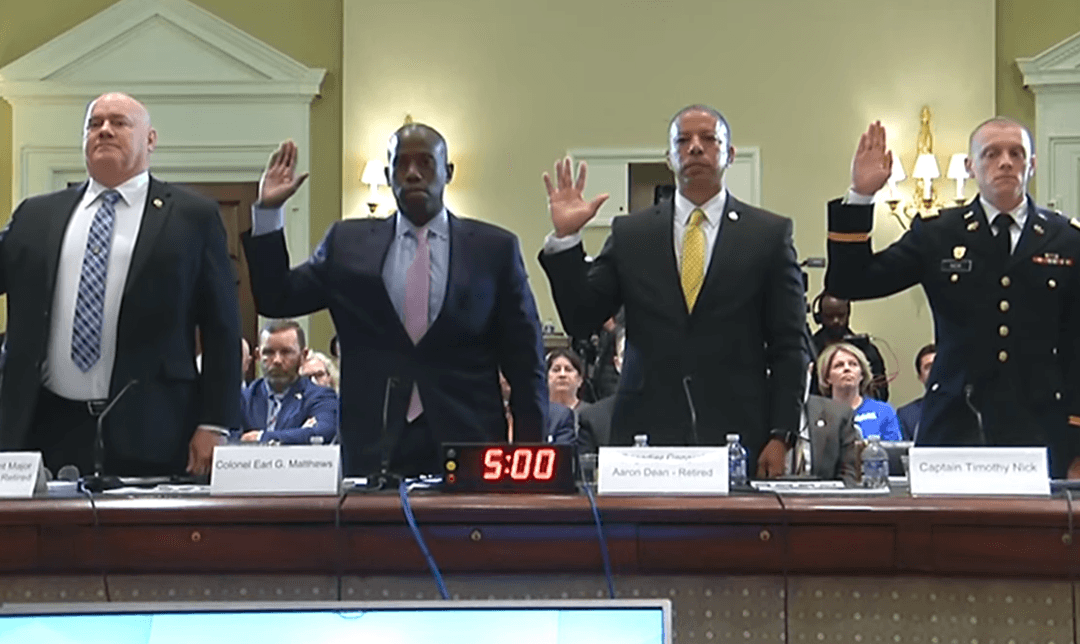Then-President Donald Trump’s authority was “curtailed” by military leaders as it relates to events on Jan. 6 according to Colonel Earl Matthews who spoke to The Daily Mail.
“I think a very plausible argument can be made that through no fault of his own, President Trump’s command authority over both the D.C. National Guard and the U.S. Army itself had been surreptitiously curtailed by the senior leadership of the Army on January 6, 2021,” Col. Matthews, told the publication in an exclusive May 3 interview.
“Army leadership had unreasonably anticipated an ‘unlawful order’ from the President, an order that the President had no plans to issue, and were preemptively seeking to curtail his discretion to issue such an order,” he alleged.
The remarks by Col. Matthews dovetail with the contents of a book written in mid-2021 titled “I Alone Can Fix It” that claims then-Chairman of the Joint Chiefs of Staff, Gen. Mark Milley, and other military leaders informally planned for different ways to disobey potential orders issued by President Trump that they disagreed with.The DOD did not immediately respond to a request for comment on Col. Matthews’s claims.





